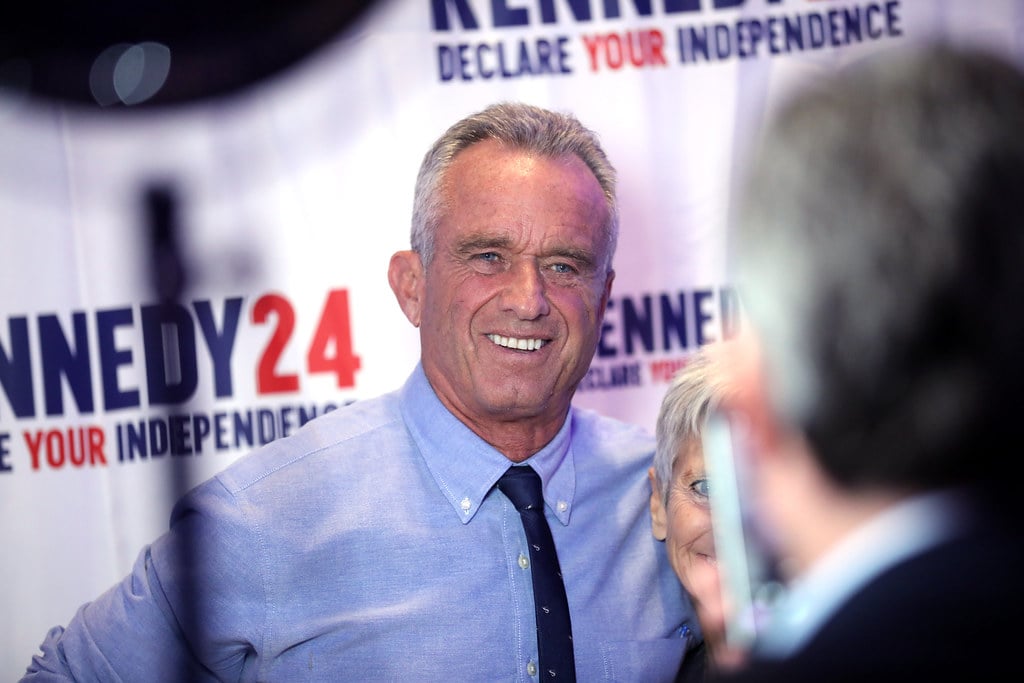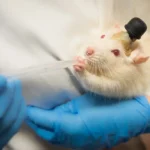Health Secretary Robert F. Kennedy Jr. has dramatically reshaped U.S. vaccine policy by replacing all 17 members of the CDC’s Advisory Committee on Immunization Practices (ACIP) with eight new appointees, many skeptical of established vaccine practices.
In June 2025, Kennedy fired the entire ACIP membership, an unprecedented move in the committee’s 64-year history. The ACIP plays a crucial role in determining which vaccines are recommended for Americans and covered by insurance.
“A clean sweep is necessary to reestablish public confidence in vaccine science,” Kennedy stated in The Wall Street Journal. He claimed the committee suffered from conflicts of interest and had become a “rubber stamp” for vaccine approvals.
Kennedy’s new appointees include Dr. Robert Malone, who has questioned vaccine safety, and Martin Kulldorff as committee chair. At their first meeting in late June, the revamped committee voted to recommend only thimerosal-free flu vaccines, despite decades of research showing the preservative’s safety.
The committee also announced plans to reexamine the childhood vaccine schedule and review whether the hepatitis B vaccine should remain universally recommended for newborns. Kulldorff stated they will evaluate the “cumulative effect” of multiple childhood vaccines, echoing concerns long raised by vaccine-skeptical groups.
Major medical organizations have responded forcefully. The American Academy of Pediatrics announced it would independently publish its own vaccine recommendations, breaking from ACIP guidance for the first time. Dr. Sean O’Leary from the AAP stated the committee is now “making important policy decisions based on pseudoscience.”
Similar Posts
Dr. Tina Tan, President of the Infectious Diseases Society of America, called the reexamination of the childhood vaccine schedule “politically motivated actions that are not based on science.”
The American Medical Association expressed concern about the lack of transparency in selecting new members, with President Dr. Bruce Scott warning the changes could “further fuel the spread of vaccine-preventable illnesses” as the U.S. faces rising measles cases, with over 1,200 reported by June 2025.
Kennedy’s supporters argue the changes will restore public trust by eliminating conflicts of interest. Critics counter that questioning established vaccine science could reverse decades of progress against preventable diseases.

Dr. Fiona Havers, a former senior CDC official who resigned following the changes, called Kennedy’s unilateral changes to vaccine recommendations “shocking.” Another departing CDC official stated: “I’ve never seen anything this damaging to public health happen in my lifetime.”
The shake-up highlights growing tensions between scientific consensus and political influence in public health policy, with potential far-reaching consequences for disease prevention across the country.


















